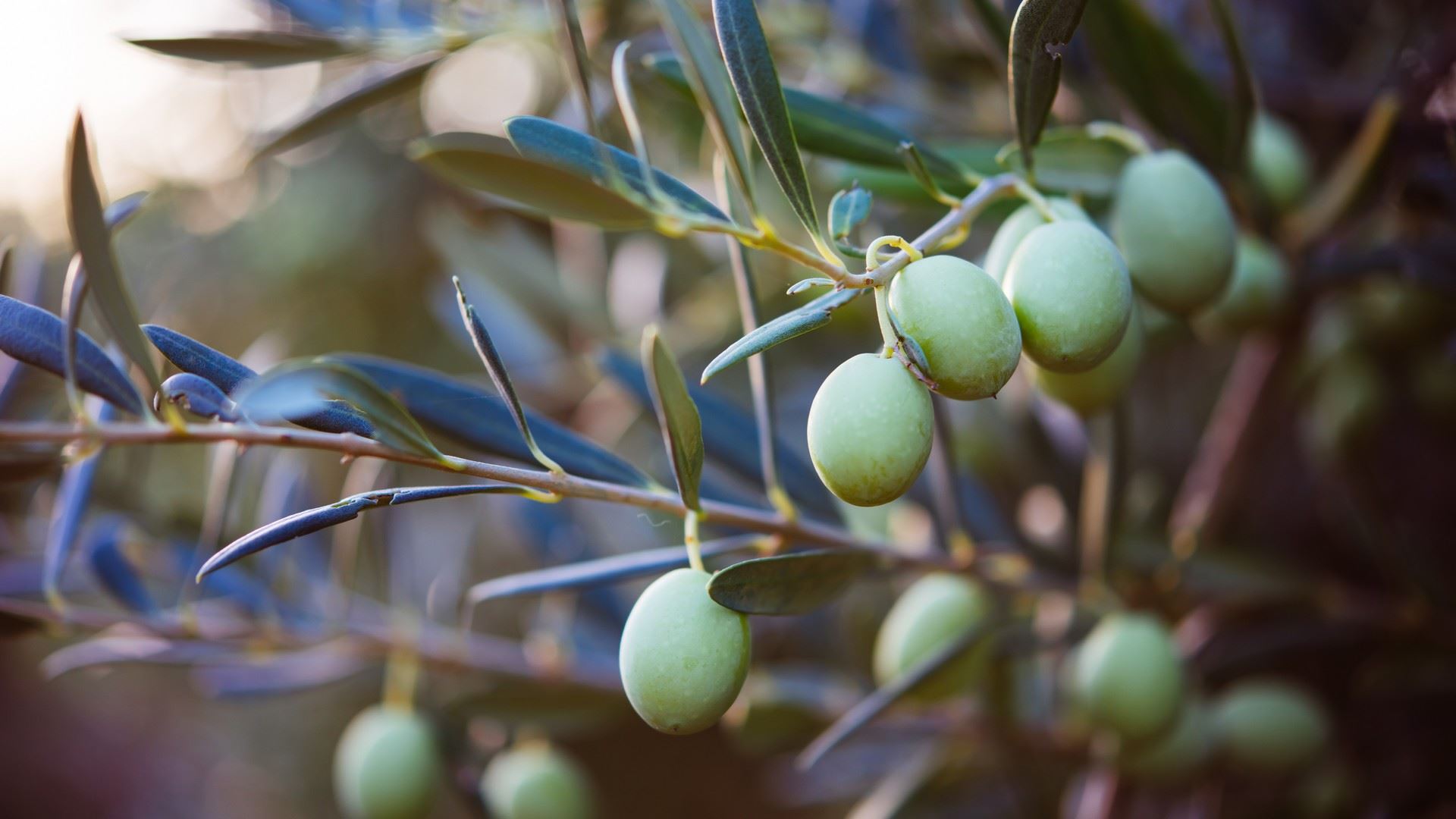1 Just like wine, olive oils are awarded different labels and grades depending on their taste, production methods, origin and chemistry.
2 Olive oils are classified by taste through a blind test, which is carried out by a panel of professional tasters.
3 Extra virgin olive oil, which is judged to have a superior taste, is produced without the use of any chemicals and contains no more than 0.8 per cent acidity. Virgin olive oil is also untainted with chemicals and has an acidity of less than 2 per cent.
4 Cold-pressed olive oil is superior because the olive pulp created during the production process has been pressed below 27 degrees to ensure minimum flavour is lost.
5 Olive oil is the only vegetable oil that can be consumed freshly pressed from the fruit, without the use of solvents.
6 The olive harvest needs to be timed perfectly to ensure the acidity levels are just right for oil to be graded as extra virgin.
7 Research suggests that eating around two tablespoons of virgin or extra virgin olive oil a day can regulate cholesterol and reduce the risk of coronary heart disease – it has even been linked to cancer prevention. Why? Because it is packed with antioxidants and has a high content of mono-saturated fatty acids.
8 Light, heat and air reduce the quality of olive oil, so it is best kept in a sealed, dark glass bottle and stored in a cool place.
9 Unlike wine, olive oil does not get better with age. Lower grade oils only have a shelf life of a few months and good-quality olive oil should be used within a year.
10 Some of the world’s best extra virgin olive oil comes from the Chianti region of Tuscany, where single-estate bottled oils are the most sought after and expensive on the market.

-

- Recently viewed













